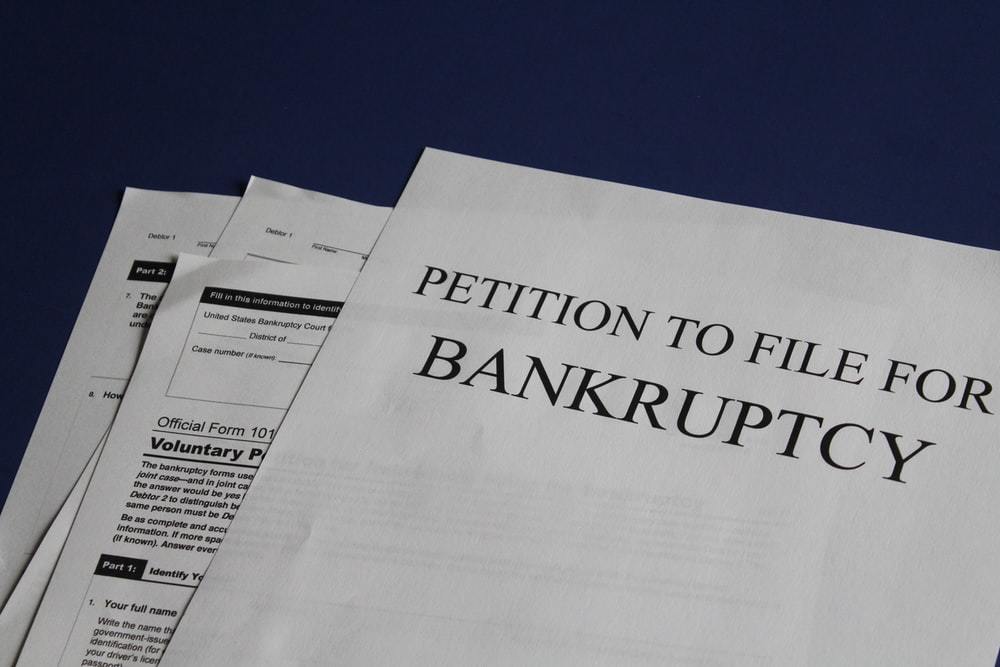- Home »
- Insolvency
Insolvency
A Match Made in Heaven? At first blush, cannabis and a legal practice like receivership might seem an unlikely match. Medical and recreational cannabis has steadily grown in acceptance and legalization over the past decade in the United States. However, there are times when cannabis businesses face insolvency and need a legal solution. As of right now, cannabis companies are not eligible for bankruptcy protection. In many cases, the groups they make payments to are also not eligible. This affects not only the companies but also the employees and their […]
Secured creditors and buyers of distressed assets don’t have to worry about courts limiting their credit bids, but one Delaware case is cause for concern.
A court may recharacterize a creditor’s debt claim as an equity interest. This recharacterization often has a significant impact on creditor claims.
A composition agreement is an out of court agreement between the debtor and two or more creditors regarding payment arrangements on a debt.
When a seller of real property files for bankruptcy the purchaser has rights under the bankruptcy code and as an executory contract.
Investors may seek to purchase bankruptcy claims against a debtor as part of an investment strategy. What do they need to know before they invest?
A debtor does not have to be insolvent to file for chapter 11 bankruptcy. Can its creditors pursue dismissal of a chapter 11 case?
The statutes that dictate how to start and manage a receivership may differ depending on the state. One thing is for sure: Washington state a’int Minnesota.
What is a composition agreement? It’s a bankruptcy alternative that can alter payments to creditors that want to keep the debtor in business. Learn more in this 90 second lesson.
A supplier to a potentially bankrupt retailer can mitigate losses by invoking the right to suspend delivery, demanding adequate assurance, and more.










